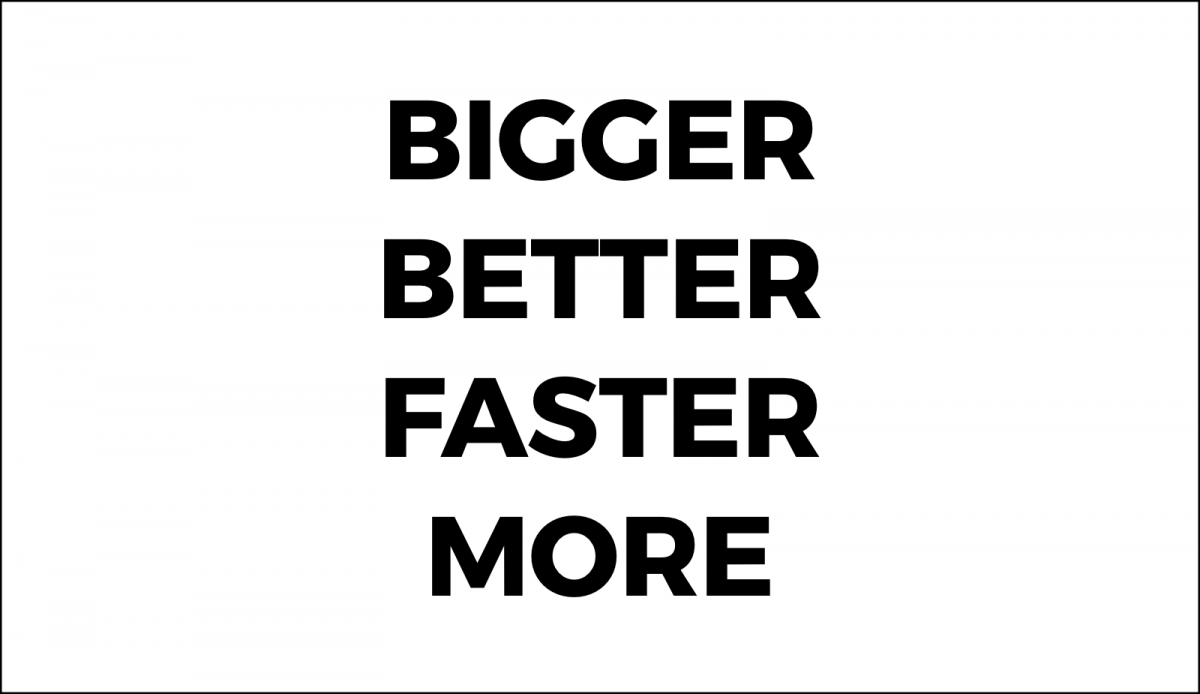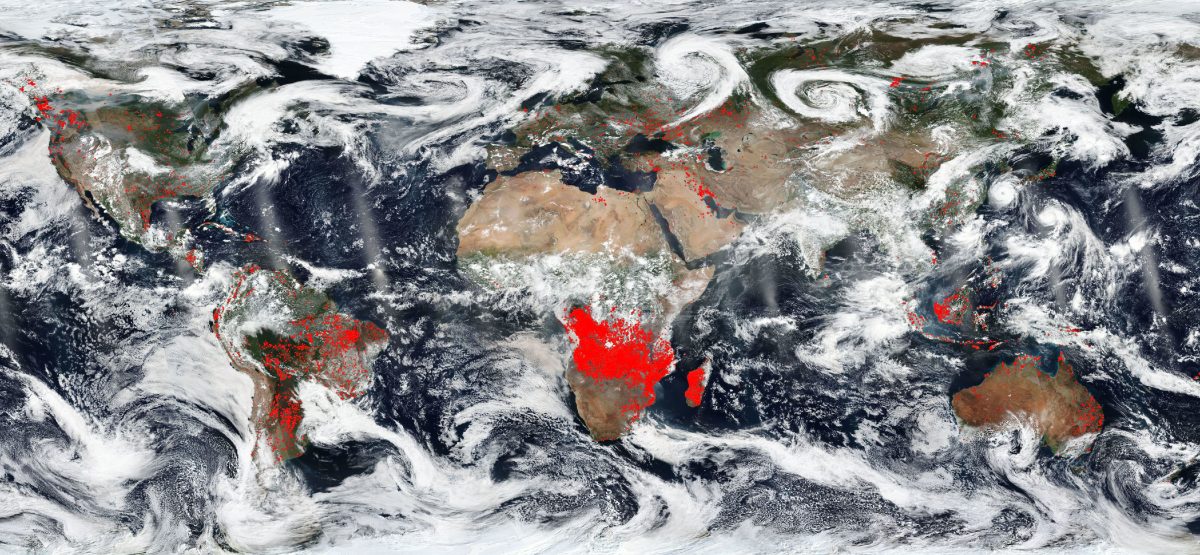The modern society wants us to be productive, to optimise, to fit more into a day. Slowing down is thought of as a weakness, something to look down upon.
Consider a Monday conversation at the office, where your colleague asks what you did over the weekend. The reaction is to rattle off a list, to recall each activity, to talk about the quantity of things we did. The more the better; otherwise your weekend must have been a waste.
A key to fitting in more is choosing convenience. Convenience is sold as the solution to help with our busy lives, and it comes in many shapes and forms.


